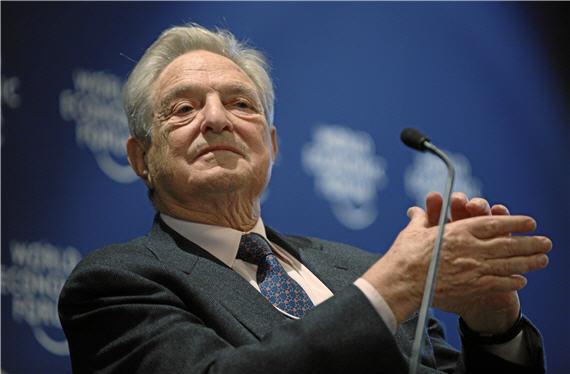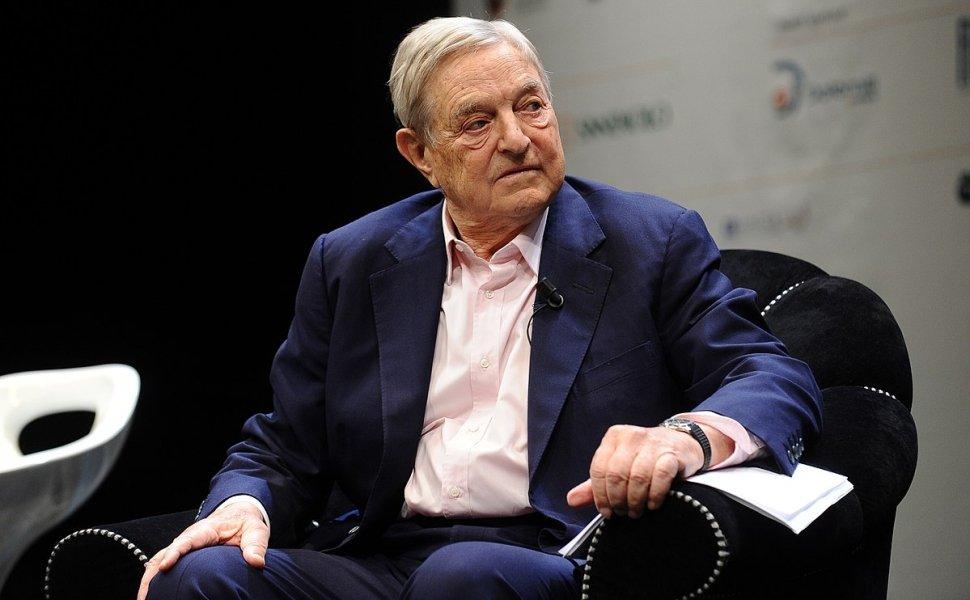George Soros, the Hungarian-American billionaire, is a polarizing figure whose influence on global politics through his Open Society Foundations (OSF) has sparked admiration and vitriol. With over $32 billion donated to promote democracy, human rights, and justice across 120 countries, Soros’ vision of an “open society”—inspired by philosopher Karl Popper’s ideas of individual liberty and free inquiry—has shaped political landscapes. But in 2025, as populism surges and conspiracies swirl, his legacy faces intense scrutiny. Is Soros a champion of freedom or a puppet master of chaos? Let’s explore the drama, the stakes, and the reality with a fresh perspective.

Soros’ journey began in Nazi-occupied Hungary, where he survived as a Jewish teenager by hiding his identity. This forged his resolve to fight oppression, leading him to fund scholarships for Black South Africans under apartheid in 1979 and Eastern European dissidents in the 1980s. By 1989, his OSF helped topple communist regimes, earning him credit for Eastern Europe’s democratic wave. His $1 billion gift to the Central European University and $23 billion in OSF grants since 1993 cemented his role as a global philanthropist. In the U.S., Soros bankrolled progressive causes, donating $23.5 million to defeat George W. Bush in 2004 and $170 million to Democrats in 2022, per OpenSecrets. His support for abortion rights, voter access, and criminal justice reform—like Michigan’s Proposition 3 in 2022—made him a liberal titan.
Yet, Soros’ influence draws fierce backlash. Right-wing critics, from Viktor Orbán to Donald Trump, paint him as a sinister orchestrator of unrest. X posts in 2025, like one from @JimFergusonUK on March 12, call him a “globalist tyrant” fueling “chaos” through groups like the Democracy Alliance. Conspiracy theories—often tinged with antisemitism—accuse him of funding “white genocide” or migrant caravans, claims debunked by Snopes and Reuters. Hungary’s 2018 crackdown forced OSF’s Budapest office to Berlin, and Orbán’s ally Balázs Orbán labeled OSF a “Soros empire” in 2023. A 2022 European Parliament question even probed Soros’ sway over EU judges, reflecting distrust in his reach.
The truth lies in nuance. A 2022 Schar School study found OSF’s macro-level impact on democracy is overstated—neither as transformative as supporters hope nor as destructive as critics fear. Soros’ wealth amplifies his voice, but his bets, like backing John Kerry in 2004, often fail. His son Alex, now OSF chair, has shifted focus to the global south, cutting 40% of staff and European grants in 2023, per AP News, signaling a retreat from regions where authoritarianism thrives. Critics on the left, like The Guardian, argue his market-driven philanthropy can’t fully counter systemic inequality.
Soros’ struggle for an open society remains a lightning rod. His billions have empowered activists but also made him a scapegoat for nationalists. In 2025, as democracy wanes, his vision faces its toughest test—proving one man’s wealth can’t single-handedly save or sink the world.






